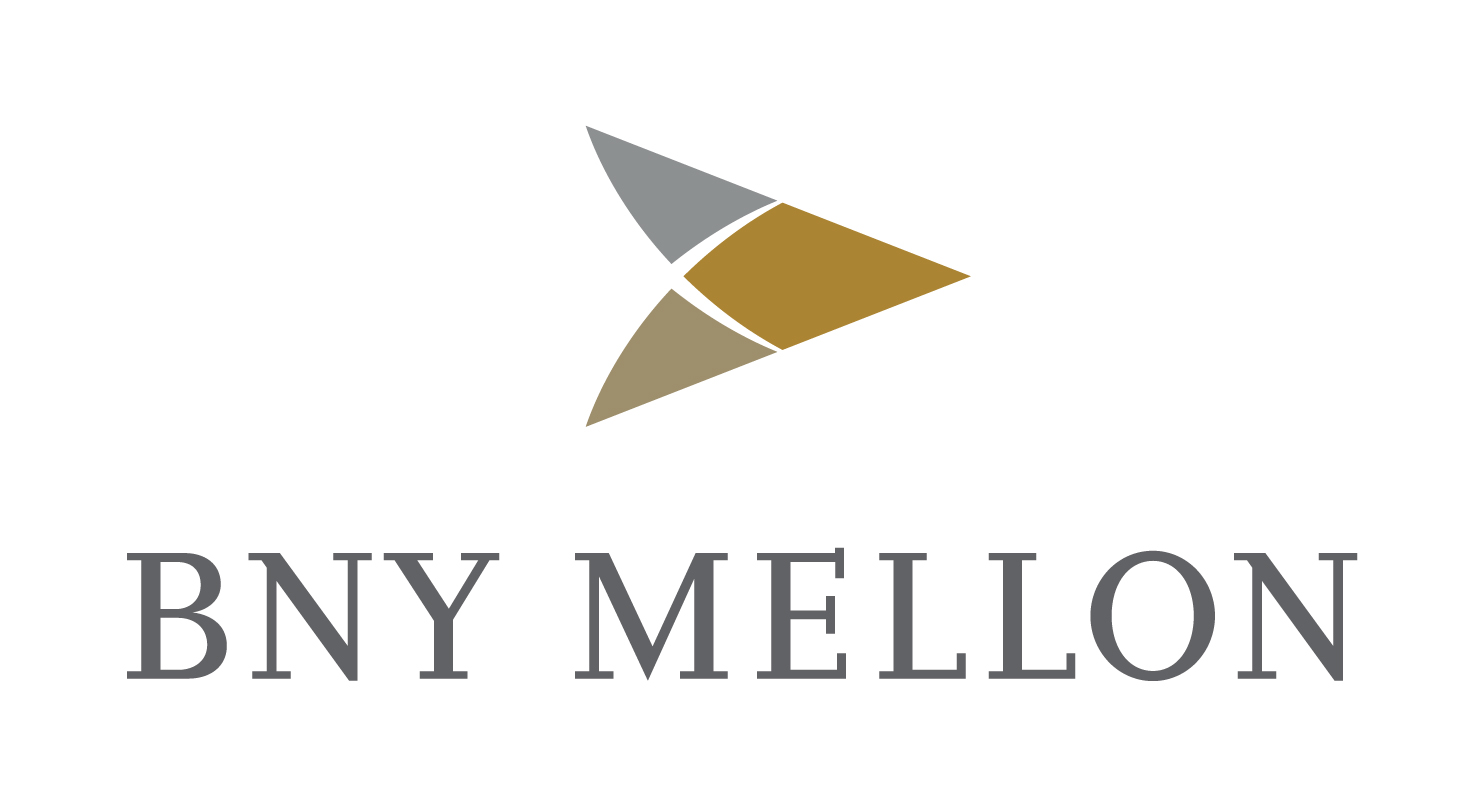
e-invoicing helps corporates turn their backs on time-consuming, paper-based activities, says MARCUS HUGHES, director of business development, Bottomline Technologies
Corporates today are focused on optimising cash and working capital. And an increasing number of organisations are realising that this can be achieved by automating the order-to-pay process, enabling them to free up cash lost in time-consuming and inefficient, paper-based activities.
Automation empowers treasury, procurement and other finance professionals to access and act on financial supply chain information in real-time so they can:
• optimise working capital
• maximise profits and minimise operational risk
• capture early payment discount opportunities
• make strategic payment timing decisions
• strengthen supplier relationships and control spend
• gain visibility of cashflows for accurate forecasting
• reduce carbon footprint.
SWIFT has become an integral part of the quest for automation and corporates are achieving many operational and strategic benefits by joining. Streamlining payments and cash management are an important foundation, but with SWIFT’s exciting new initiative in e-invoicing, there is now an additional motive for corporates to send and receive their financial messages securely over the organisation’s network.
The natural link between payments and invoices can be immediately realised with automation driving more efficient working capital management and finance opportunities at lower risk, thanks to improved visibility.
Although e-invoicing has been growing at a rapid rate (40 per cent a year in Europe), most e-invoicing networks today are predominantly focused on domestic invoicing. SWIFT has identified this as a significant market opportunity to link existing networks and provide cross-border interoperability between e-invoicing service providers and banks. Such capabilities would extend the global reach of both buyers and suppliers.
With more than $14 trillion of cross-border trade per year – which represents more than 25 per cent of worldwide GDP – the world is experiencing increasing trade globalisation and a continuing shift towards open account, away from traditional trade finance instruments such as letters of credit. This continuing momentum towards greater automation and open account trade suggests that a collaborative international e-invoicing solution will prove a powerful addition to SWIFT’s payment and cash management services for corporates.
Compelling proposition
Combining payments with invoicing creates a compelling proposition for banks to offer to their corporate customers. The reason is that they continually seek value-added transaction banking services that can attract credit balances and shore up fee income from an increasingly commoditised clean payments business.
Banks that achieve timely visibility of their corporate customers’ trade cycle, passing through purchase order distribution and invoice approval, are well placed to deliver strong transaction services and mitigate their credit risk. In addition, it opens up opportunities to provide a range of working capital finance solutions to both buyers and suppliers.
With cash management and SWIFT integration, e-invoicing is an exciting tool that can help organisations to achieve the benefits of true order-to-pay automation. Buyers benefit from having broader access to pay vendors electronically and can gain better visibility and cash control across integrated information reporting. Banks can achieve market differentiation and new sources of revenue throughout the payables lifecycle.
Almost 900 corporates have now joined SWIFT and many others are actively working through the business case. Increasingly, organisations are “signing up” as a proven way to achieve a range of financial, operational and strategic benefits such as:
• improved visibility of bank accounts, leading to better liquidity management

• a secure and resilient interface to multiple bank relationships
• a bank agnostic form of connectivity, delivering greater bank independence
• access to multiple payments types (such as domestic and international wires) as well as bulk payments and direct debits
• reduced costs through standardised messaging and straight through processing (STP)
• enhanced control, audit and non-repudiation of messages.
Adding e-invoicing to this powerful mix creates an even more compelling business case. More than 80 per cent of corporates joining up are deciding that the easiest and most practical way to connect with SWIFT is via a service bureau. The organisation provides helpful guidance to prospects and users of its services by appointing regional partners and issuing a series of accreditations for outstanding performance and customer satisfaction. Its SWIFTReady Connectivity “Best Practice” label, a sought-after accreditation for its service bureaux, has been awarded to only half-a-dozen partners around the world.
The benefits of outsourcing SWIFT connectivity to such a highly accredited access service include:

• expert advice and “hand-holding” on joining SWIFT and connecting to the network
• the ability to “go live” faster and more easily
• lower total cost of ownership, with no new hardware or software required in-house
• no need to build or retain SWIFT expertise in-house
• future proof against upgrades to the SWIFT infrastructure (such as SWIFT Release 7), which are handled by the bureaux
• easy access to value-added services such as reformatting, reconciliation and anti-money laundering.
Global reach
There are a plethora of e-invoicing networks across the globe, with a varying degree of functionality, ranging from just invoice distribution to the full order-to-pay cycle. The largest and fastest-growing payment and invoicing network is Bottomline’sPaymode-X multi-bank network, with a community of more than 140,000 buyers and suppliers, which is growing at a rate of more than 2,500 new members per month.
It is estimated that there are more than 400 e-invoicing solutions in Europe alone with hundreds of other service providers around the world. This is a highly fragmented market, creating confusion over which network to join to reach your customers or for your suppliers to reach you efficiently.
Although there are some agreements between different providers to allow customers of one network to send e-invoices to users of another network, such ad hoc arrangements are non-standard in terms of connectivity, documentation, format and pricing model. SWIFT is proposing a new value-added service for its banking and corporate customers by making it easier to connect different e-invoicing networks. This enables it to extend the global reach of service providers, which with only a few exceptions are generally focused on domestic e-invoicing.
Conclusion
SWIFT connectivity offers exciting potential for streamlining international trade processes and mitigating risk. We will likely see growing traction over the coming years, as banks and corporates gain confidence in this new proposition. The new initiative is highly complementary to existing payment and invoicing exchanges, which will benefit from extended reach and standardised interoperability with other networks. Both banks and their corporate customers will also realise significant benefits from this interoperability.
The combination of SWIFT’s e-invoicing solution with its existing payments and cash management proposition provides a further driver for corporates to embrace the benefits it offers in converging their international trade and cash requirements and streamlining working capital management.
Similarly, this same combination is a compelling reason for banks to offer an enhanced SWIFT value proposition to their corporate customers with international trade and cash management needs.
This article first appeared on gntews.com on 8th September 2011.
Marcus Hughes serves as director of business development for Bottomline Technologies. He is an expert on transaction banking, and possesses more than 20 years of experience helping some of the world’s largest banks and financial institutions devise and implement strategic initiatives for international cash management, trade finance and financial supply chain.
Bottomline Technologies (NASDAQ: EPAY) provides collaborative payment, invoice and document automation solutions to corporations, financial institutions and banks around the world. The company’s solutions are used to streamline, automate and manage processes involving payments, invoicing, global cash management, supply chain finance and transactional documents.
 Cash And Trade Magazine For Cash and Trade professionals in the Middle East
Cash And Trade Magazine For Cash and Trade professionals in the Middle East




